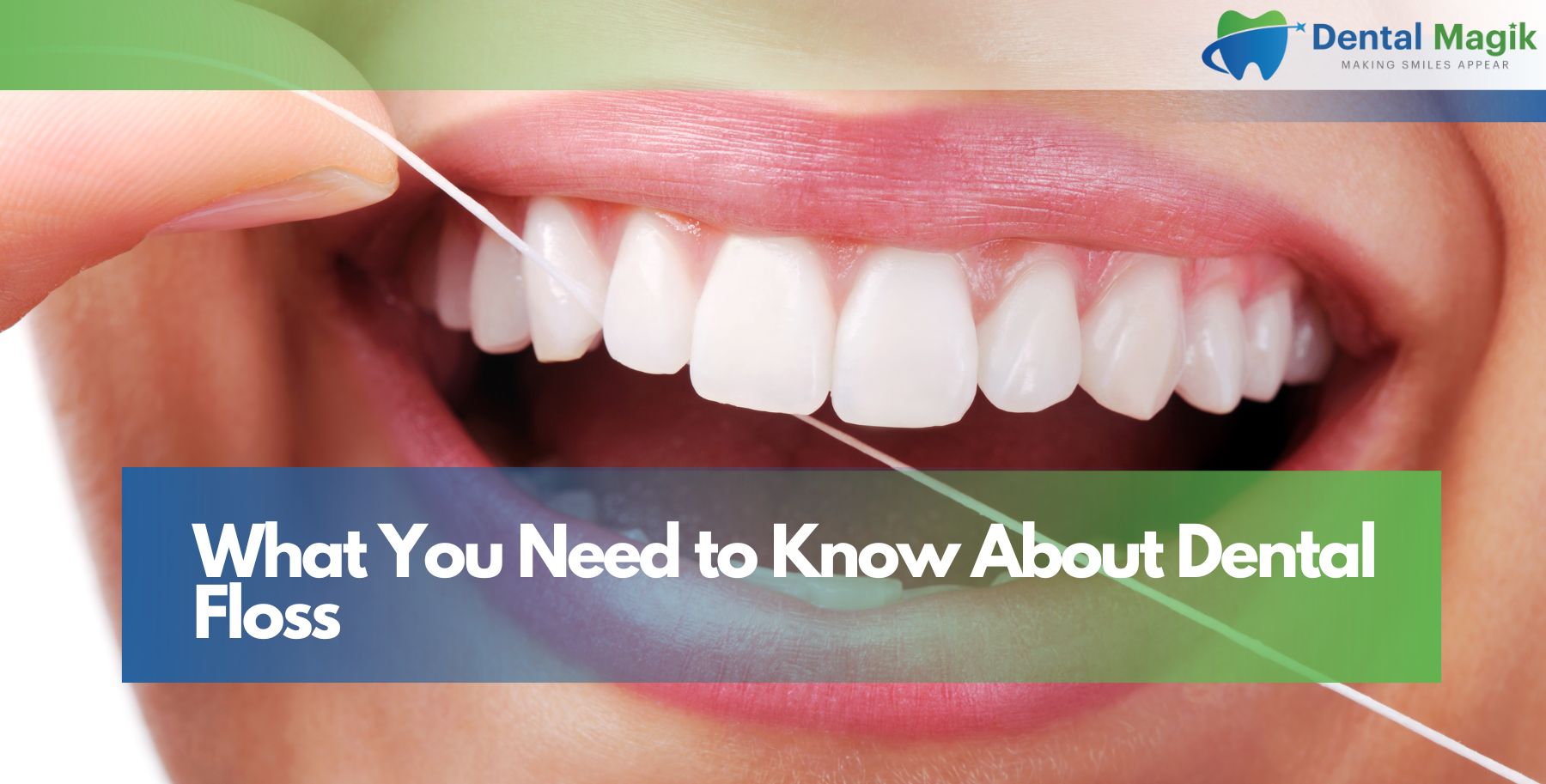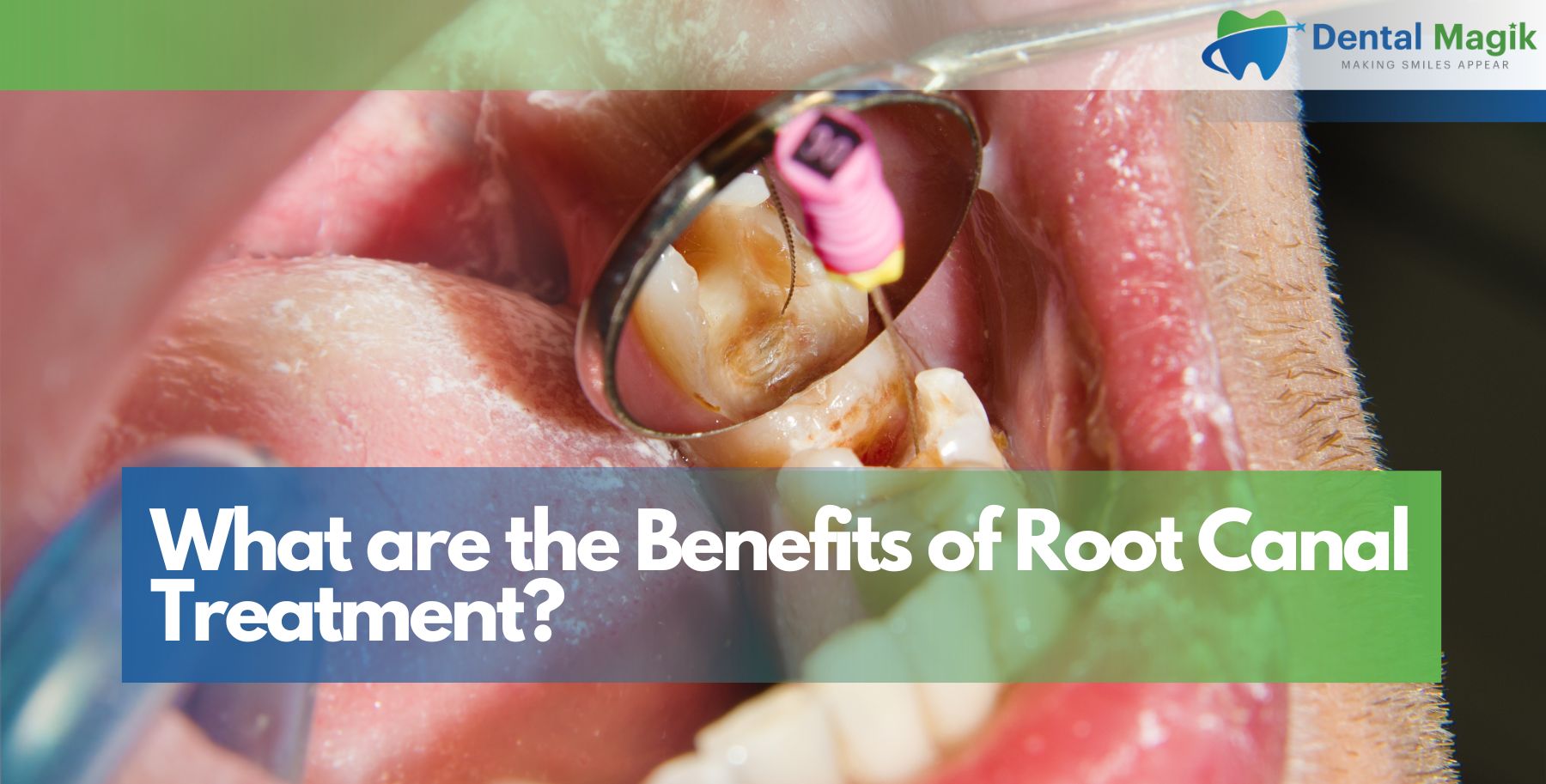Losing teeth can impact not just your smile but also your oral health, speech, and ability to chew comfortably. Fortunately, modern dentures provide an effective and natural-looking solution to restore both function and confidence. But with so many different types of dentures available, it can be challenging to determine which one is the right choice.
This comprehensive guide will walk you through the best types of dentures, their benefits, costs, maintenance, and the latest advancements in denture technology. Whether you need full dentures, partial dentures, implant-supported dentures, or flexible dentures, this guide will help you make an informed decision.
Why Are Dentures Important?
Missing teeth can lead to several oral health problems, including jawbone loss, shifting teeth, difficulty eating, and speech issues. Dentures provide an affordable and efficient way to restore a full set of teeth, allowing individuals to maintain their oral function and facial structure while improving their overall quality of life.
Finding the right dentures in East Brunswick, NJ is essential for restoring your smile and confidence. With various options, including full, partial, and implant-supported dentures, patients can choose a solution that fits their needs. Local dental specialists provide high-quality, custom-fitted dentures to ensure comfort, durability, and a natural-looking appearance.
What Are the Best Types of Dentures?
Choosing the best types of dentures depends on various factors, including the number of missing teeth, comfort, durability, and budget. Here are the most common types:
Complete (Full) Dentures
Full dentures, also known as complete dentures, are designed for individuals who have lost all of their natural teeth in either the upper or lower jaw. These dentures rest on the gums and are typically held in place by suction or denture adhesive.
Pros of Full Dentures:
- Cost-effective compared to dental implants
- Restores a full set of teeth for improved function and aesthetics
- Customizable for a more natural appearance
- Can be easily removed for cleaning
Cons of Full Dentures:
- May take time to adjust to wearing them
- Can become loose over time due to gum shrinkage
- Require adhesives for better stability
Partial Dentures
Partial dentures are ideal for individuals who have some remaining natural teeth. They consist of replacement teeth attached to a gum-colored base, held in place with metal or flexible plastic clasps.
Pros of Partial Dentures:
- Prevents shifting of natural teeth
- More affordable than dental implants
- Improves speech and chewing ability
- Removable for easy cleaning
Cons of Partial Dentures:
- Can feel bulky or uncomfortable initially
- Metal clasps may be visible
- Need periodic adjustments
Implant-Supported Dentures
Unlike traditional dentures, implant-supported dentures are anchored by dental implants surgically placed in the jawbone. They provide a secure, stable fit and can be removable or fixed.
Pros of Implant-Supported Dentures:
- Prevents bone loss and preserves jaw structure
- Provides superior comfort and stability
- No need for adhesives or suction
- More natural look and function
Cons of Implant-Supported Dentures:
- Higher initial cost
- Requires sufficient jawbone density
- Longer treatment and healing period
Snap-In Dentures (Overdentures)
Snap-in dentures, also called overdentures, attach securely to dental implants using locator attachments. They “snap” into place but can still be removed for cleaning and maintenance.
Pros of Snap-In Dentures:
- More secure than traditional removable dentures
- Reduce gum irritation
- Improved chewing ability and comfort
- Helps maintain jawbone density
Cons of Snap-In Dentures:
- More expensive than traditional dentures
- Requires dental implants
- Replacement attachments may be needed over time
Flexible Dentures
Made from soft thermoplastic materials, flexible dentures provide comfort and durability without the need for metal clasps.
Pros of Flexible Dentures:
- More comfortable and lightweight than traditional dentures
- Less likely to cause gum irritation
- Aesthetically pleasing with no metal clasps
- More durable and fracture-resistant
Cons of Flexible Dentures:
- Higher cost than traditional partial dentures
- Not as durable as implant-supported options
- May require periodic adjustments
What Are the Newest Types of Dentures?
Thanks to advancements in dental technology, newer types of dentures provide enhanced comfort, durability, and aesthetics. Some of the latest denture options include:
3D-Printed Dentures
3D-printed dentures are custom-made using advanced digital scanning and printing technology. These dentures offer:
- More precise fit
- Faster production time
- Improved durability
Digital Dentures
Digital dentures are created using CAD/CAM technology, allowing for a highly personalized fit and better bite accuracy.
Zirconia-Based Implant Dentures
Zirconia is a stronger and more natural-looking material used in implant-supported dentures for superior aesthetics and durability.
These new advancements make dentures more comfortable, functional, and visually appealing than ever before.
Cost of Dentures: A Detailed Breakdown
The cost of dentures varies based on several factors, including type, material, customization, and whether they are implant-supported or traditional. Understanding the price range for different denture options can help you plan your budget and choose the best types of dentures that fit your needs.
Average Cost of Dentures
| Type of Dentures | Price Range (Per Arch) |
| Basic/Traditional Dentures | $600 – $1,500 |
| Mid-Range Custom Dentures | $1,500 – $3,500 |
| Premium Dentures | $3,500 – $5,000 |
| Partial Dentures | $700 – $2,500 |
| Flexible Partial Dentures | $1,500 – $3,000 |
| Implant-Supported Dentures | $5,000 – $30,000 |
| Snap-In Dentures | $10,000 – $25,000 |
| 3D-Printed Dentures | $2,000 – $5,000 |
These costs can vary based on location, dental provider, materials used, and additional procedures needed, such as tooth extractions or bone grafting.
Factors That Influence the Cost of Dentures
Several factors determine how much dentures cost, including:
- Type of Dentures – Basic traditional dentures are the most affordable, while implant-supported dentures cost more due to surgical procedures and implants.
- Materials Used – Acrylic dentures are more affordable, while porcelain or zirconia dentures offer better durability but are pricier.
- Customization and Fit – Standard dentures are cheaper but may not fit as well as custom-fitted dentures, which cost more.
- Location and Dentist Expertise – Prices vary by region, with major cities and high-end dental clinics charging higher fees.
- Additional Dental Work – Extractions, bone grafts, or tissue conditioning increase costs before denture placement.
Cost of Dentures With and Without Insurance
With Insurance
Most dental insurance plans cover a portion of denture costs, usually 50% or more, depending on the plan.
- Basic Dentures with Insurance: $300 – $1,500
- Premium Dentures with Insurance: $1,500 – $3,000
- Implant-Supported Dentures with Insurance: $2,500 – $15,000
Without Insurance
Without insurance, patients must pay out-of-pocket costs, which can be quite expensive. Many dentists offer payment plans and financing options to help cover costs.
- Basic Dentures Without Insurance: $600 – $3,000
- Premium Dentures Without Insurance: $3,500 – $5,000
- Implant-Supported Dentures Without Insurance: $10,000 – $30,000
How to Choose the Best Types of Dentures
Selecting the best types of dentures depends on various factors:
Number of Missing Teeth
- Full dentures are best for total tooth loss
- Partial dentures work well if some natural teeth remain
- Implant-supported dentures are ideal for long-term stability
Budget Considerations
- Traditional dentures are more affordable
- Implant-supported options provide better longevity but cost more
Comfort and Aesthetic Preferences
- Flexible dentures provide superior comfort
- Implant-supported dentures offer better function
Longevity and Durability
- Implant-supported and snap-in dentures last longer
- Traditional dentures require replacement every 5-10 years
Caring for Your Dentures
Proper maintenance ensures dentures last longer and remain comfortable.
- Clean dentures daily with a soft brush and denture cleaner
- Soak dentures overnight to prevent drying
- Avoid hot water as it can warp dentures
- Schedule regular check-ups for adjustments and relining
Conclusion
The best types of dentures depend on your oral health needs, lifestyle, and budget. Whether you opt for traditional dentures, implant-supported dentures, or flexible dentures, consulting a dentist in East Brunswick, NJ will help you make the right choice. Investing in high-quality dentures can restore confidence, improve oral function, and enhance overall well-being.
Frequently Asked Questions (FAQs)
What is the most comfortable denture option?
Flexible dentures and implant-supported dentures provide superior comfort compared to traditional options.
How much do dentures cost?
- Full Dentures: $1,000 – $3,500 per arch
- Partial Dentures: $700 – $2,500
- Implant-Supported Dentures: $5,000 – $30,000
How long do dentures last?
Traditional dentures last 5-10 years, while implant-supported dentures can last 20+ years with proper care.
Can I eat normally with dentures?
Yes, but it may take a few weeks to adjust. Softer foods are recommended initially.
By understanding the latest advancements and types of dentures, you can choose the best fit for your dental health and lifestyle.







